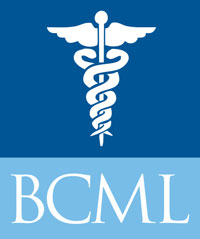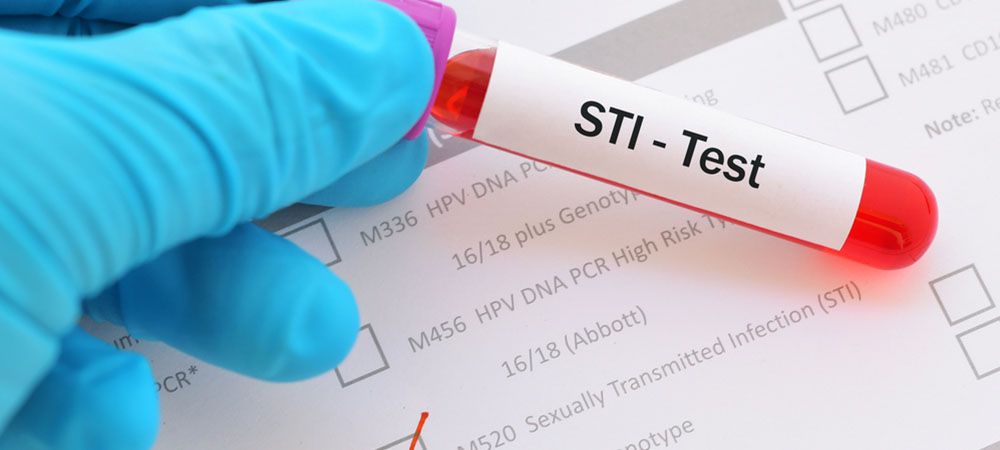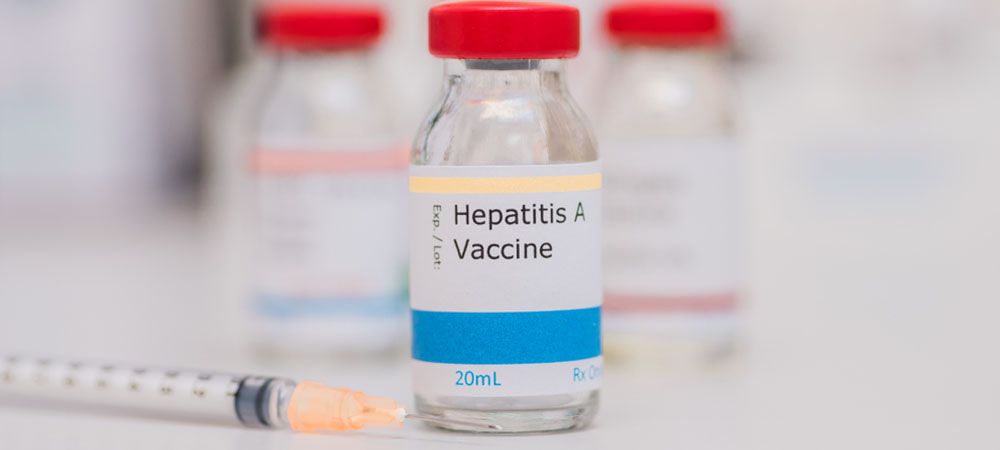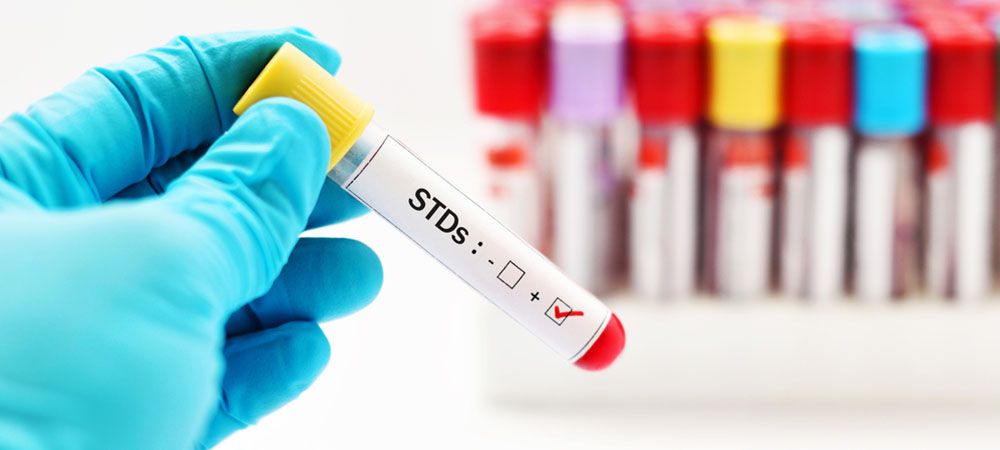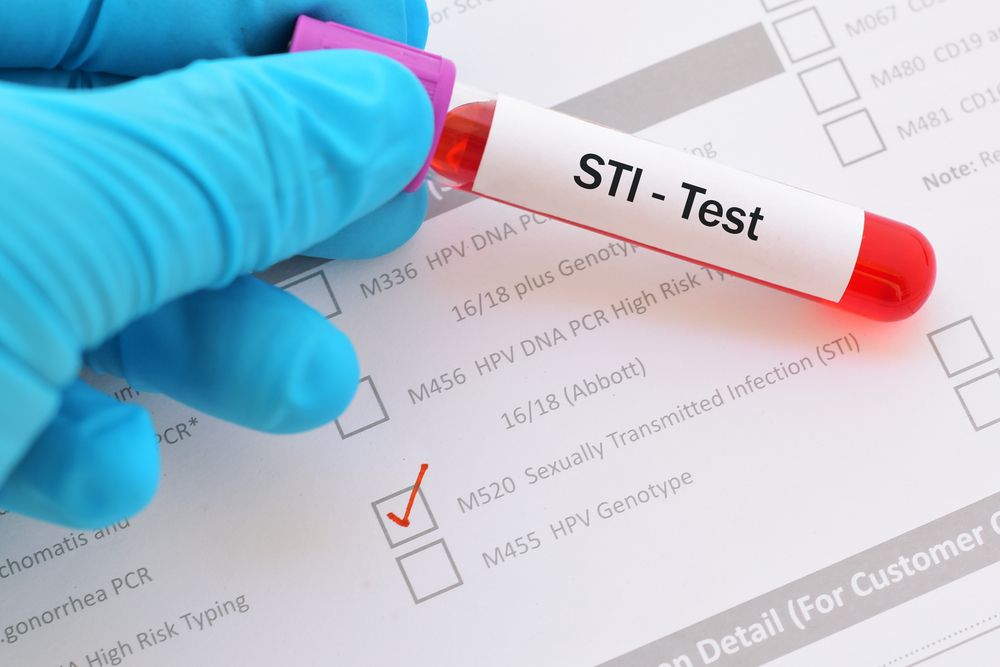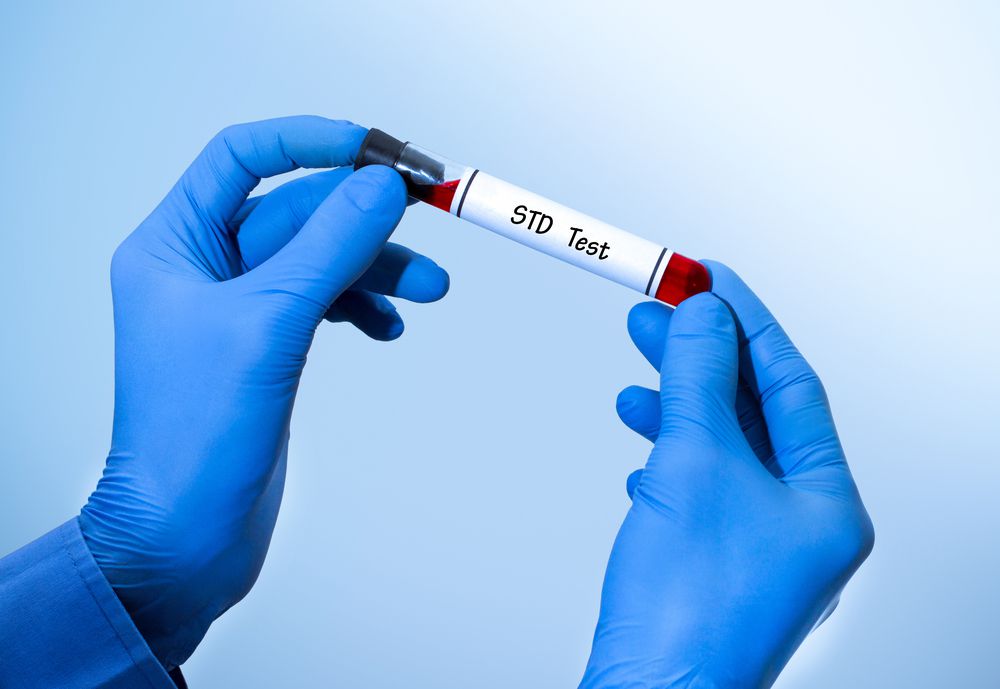3 out of every 4 Canadians will contract one or more types of HPV (human papillomavirus) in their lifetime. HPV is the most common sexually transmitted infection and different strains can cause genital warts and various types of cancer. While statistics such as these highlight the importance of safe sex practices and regular testing, HPV and most other STIs and STDs are curable or manageable when caught early.
Here, we will look at what an STD is and the difference between STIs and STDs. Having a good understanding about both can help you reduce your risk and destigmatize these often misrepresented conditions.
What are STDs and What are STIs Exactly?
Here are the details you need to know:
STDs
STDs are sexually transmitted diseases, meaning diseases whose only or primary method of transmission is through sexual contact. Some STDs like HIV, the virus that causes AIDs, can also be transmitted through blood transfusions, birth, and shared needle use. However, the instances of HIV transmission through blood transfusion are now very low as screening methods have become more advanced.
What causes STDs?
STDs can be caused by viruses, bacteria or parasites.
Viral STDs
STDs caused by viruses include Hepatitis, HPV, and Herpes. Each of these do not have a cure, however a vaccine can protect against some of the most dangerous strains of HPV.
Hepatitis
There are three types of hepatitis and that primarily affect your liver. If you have any form of hepatitis, the best self-treatment measure you can take is to avoid alcohol and any other substances that put a strain on your liver. Hepatitis A and B both have vaccines along with measures you can take to help manage their effects.
Hepatitis C does not have a vaccine but can be treated with antiviral medications. These medications can reduce and even eliminate the virus from your blood. However, this is not a guaranteed cure for all patients and the medications are prohibitively expensive in many cases.
HPV
HPV can be contracted through oral, anal or vaginal sex. There are more than 150 known strains of HPV. For most, a person will not have any symptoms at all and the virus will go away on its own over the course of several months or years.
If you do experience symptoms, they will be in the form of warts close to the point of infection. Some strains can also cause various types of cancer that may develop years after infection. Regular screening for cancer can help you get treatment early.
Herpes
Herpes also causes warts and can affect any part of the body. Most commonly they will be found on the genitals, the anus, in or around the mouth and even in the eyes. Currently, there is no cure for herpes but medications can help reduce flare ups.
Note
Both HPV and HIV are also caused by incurable viruses; both of which are considered to be infections, rather than diseases. AIDS is the STD that forms when HIV is allowed to progress. While there is no cure, there are medications that can slow the progression and reduce your risk of passing the infection to a partner. This is another critical reason why it is important to get tested early and often. For HPV, the resulting disease would be considered any cancer that may form due to the infection.
Bacterial STDs
STDs caused by bacteria include gonorrhea, syphilis, and chlamydia. Fortunately, all of these can be treated with medications. However, it is critical that you do seek treatment as they will not go away on their own. When left untreated, a bacterial STD can travel to other areas of the body and cause fertility issues. Syphilis can even damage the heart, eyes and brain if left untreated.
Parasitic STDs
There are three parasite-caused STDs which include Scabies, Trichomonas vaginalis (Trich) and Pubic lice (sometimes referred to as “crabs” in slang). Trich is easily treated with a single round of antibiotics, however, the symptoms are commonly confused with a UTI if you are not tested specifically for Trich.
Scabies is diagnosed by visual examination from your doctor who will look for entry points where the parasites have burrowed into your skin. They can be treated with oral or topical medication prescribed by your doctor. It is also important that you thoroughly wash your clothing and bedding in hot water to avoid becoming reinfected.
Finally, Pubic Lice are the most easily visible of the parasitic STDs. These lice are different from the lice that can live in the hair on your head and will, instead, make their home in pubic hair. Medicated body washes are used to kill these lice. Like scabies, these parasites can survive on clothing and bedding which makes it imperative that you wash all of these materials thoroughly.
STIs
STIs are sexually transmitted infections. Most STDs begin as STIs. Typically, STIs have more treatment options and it is optimal to catch infections early before they can progress. However, it is becoming more common to use STI as the umbrella term for STIs and STDs. The primary reason for this is to help reduce the stigma surrounding STDs. Reducing stigma can help many patients to seek testing and treatment sooner which lowers risk to them and their partners.
What Are you Legally Obligated to Disclose to a Partner?
While STIs and STDs are primarily a health concern, they can also be a legal one. In Canada, it is illegal to not inform a partner of an STD or STI before engaging in sexual contact. Most cases that have been brought to court pertain to HIV specifically. Other STIs should also be disclosed but prosecutions are rarely for any disease besides HIV.
Where Can you Get Tested for STIs and STDs?
The Canadian health system works to make testing convenient for all. Testing is free throughout Canada and can be administered at clinics, many community centres and doctors’ offices.
For more information on the testing process visit, our How Do I Test for STIs and STDs? Page. If you’re ready to get tested, BCML offers a full spectrum of STD and STI testing including HIV testing. To make an appointment, please call 416-929-1900 today!
